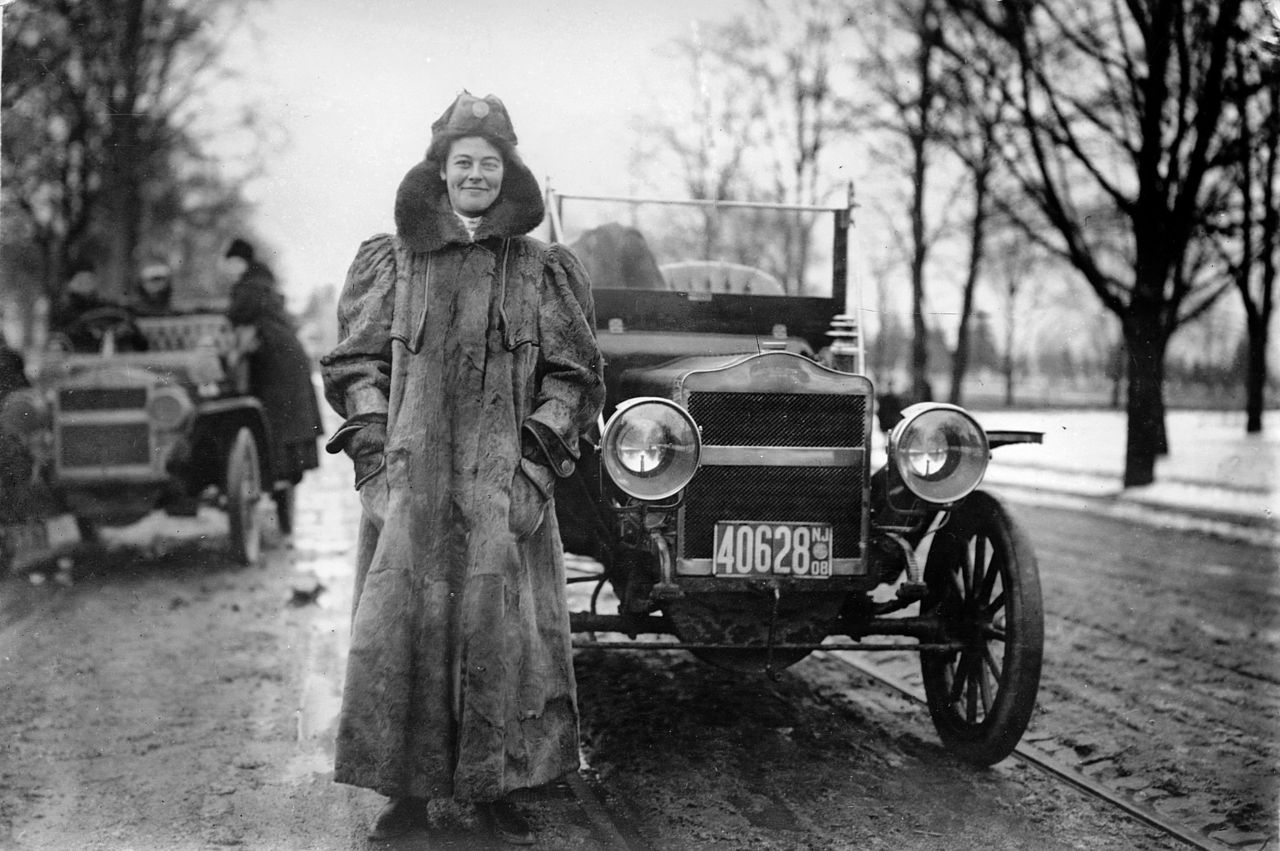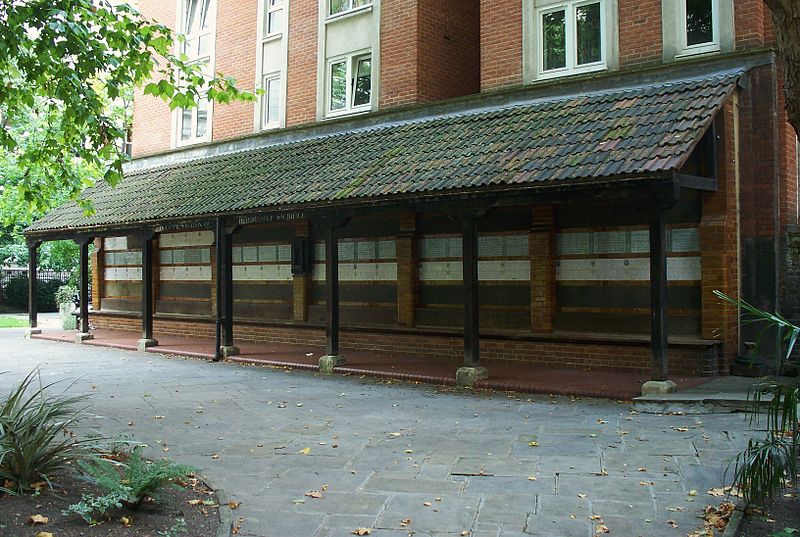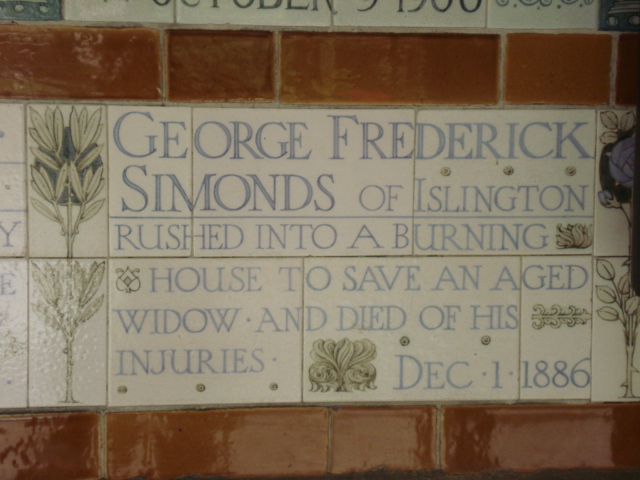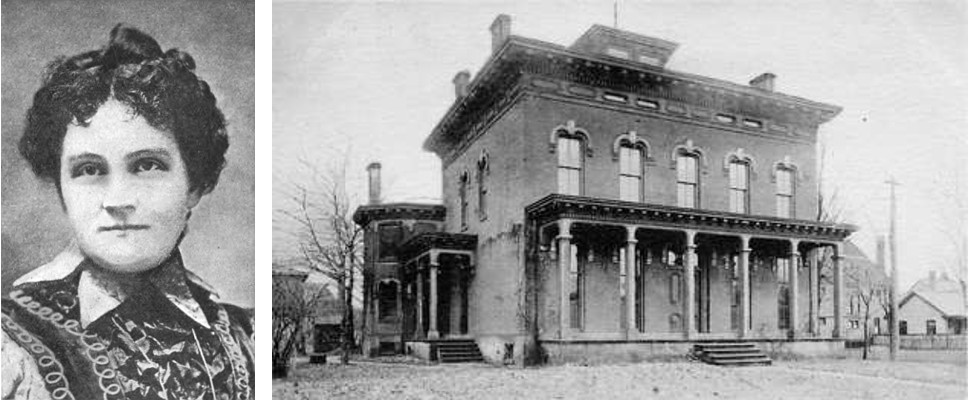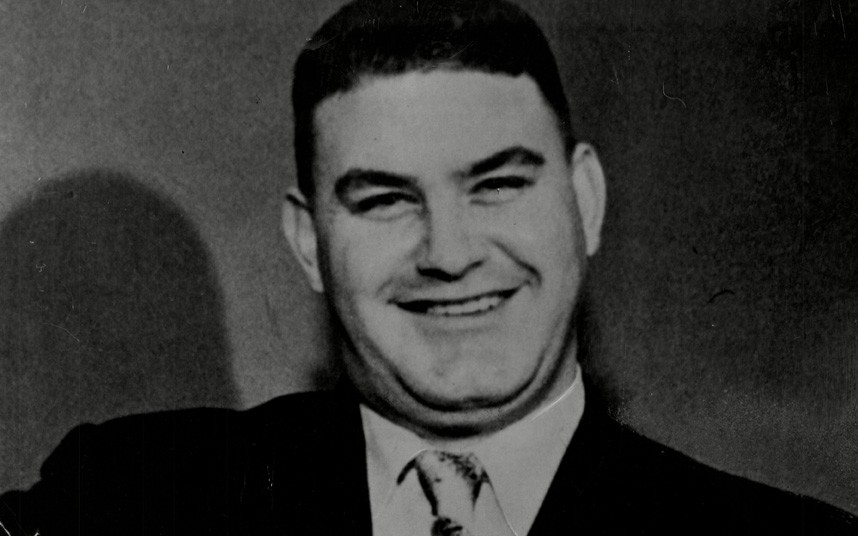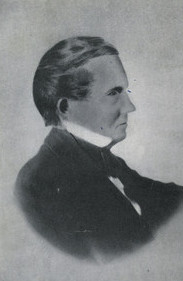
Below the Japanese village of Aneyoshi, a 4-foot stone has stood since 1933. “Do not build your homes below this point!” it reads. “High dwellings ensure the peace and happiness of our descendants.” The village had already been devastated by a tsunami in 1896, and after a second blow the residents erected a permanent warning to those who would follow them.
It worked. A record-setting tsunami in 2011 destroyed hundreds of miles of the coast but stopped 300 feet below the Aneyoshi stone. “They knew the horrors of tsunamis,” village leader Tamishige Kimura told the New York Times, “so they erected that stone to warn us.”

